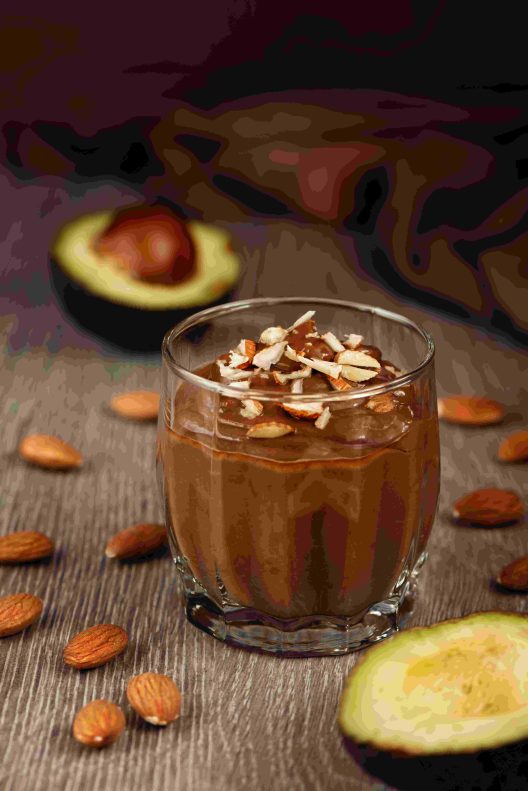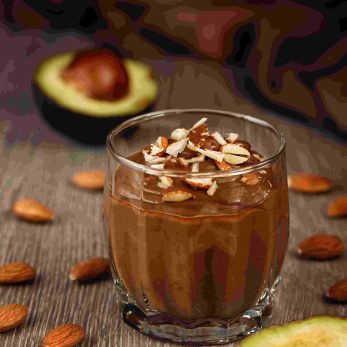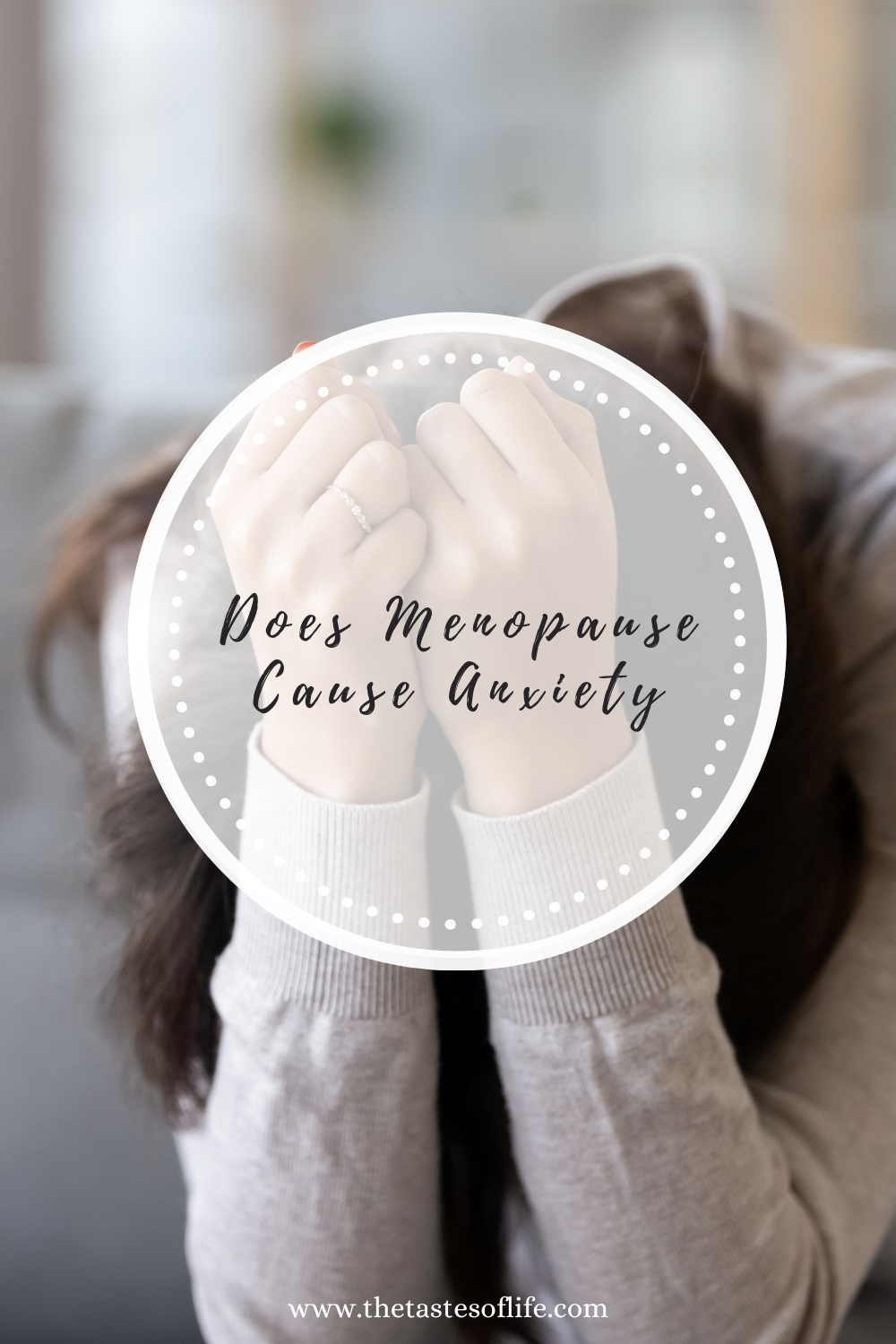How to Naturally Lower Stress Hormone (Cortisol)

Stress, the hidden killer: How to Naturally Lower Stress Hormone (Cortisol)
STRESS!!!
Stress and the causes of stress are everywhere! Would you agree?
Our natural “fight or flight” response was designed to help us with injury, death, and escape in the event of an external threat. Then we were meant to quickly return to our normal state after we fought off the danger or ran from it. Today, the threats are different, and nowadays, the stress in our society has become long-term and chronic.
The stress hormone cortisol releases from your adrenal glands in response to stress. Cortisol is naturally high in the morning and designed to get you going; then, it slowly fades during the day so you can sleep.
When cortisol is chronically too-high, it can cause belly fat, brain fog, anxiety, poor sleep, slow metabolism, high blood sugar, high blood pressure, hormonal imbalances, and lowered immunity.
Right!
Most of us experience that. Don’t worry, though! There are foods we can eat to lower cortisol and different modalities to help you lower stress.
Foods and nutrients to lower cortisol
Start with the most significant offender that increases your cortisol. I hate to break it to you, but it’s sugar! Reducing the sugar we eat can help significantly!
We need to manage our blood sugar levels to lower cortisol. Eat low sugar, low-glycemic diet (no processed food, no sugary drinks or snacks, refined grain products).
Eat an anti-inflammatory diet. This diet is high in antioxidants, low in processed food, high in fiber, and healthy fats. These elements are fundamental for balancing hormones and help immensely with sugar cravings.
Don’t drink too much coffee or alcohol. Too much caffeine increases cortisol levels. When you feel anxious after drinking it, that means you need to cut back.
Don’t consume refined or trans fats, which will help you balance your blood sugar and keep you thin.
Eat food with a lot of fiber (vegetables, fruits).
Eat healthy protein. Protein will have you stabilize your blood sugar. Ensure that you eat at least organic if not pastured eggs and poultry, grass-fed meat, and wild-caught fish.
Eat enough healthy fats, like avocado, nuts, seeds, coconut oil; they will help you fight sugar craving and keep you full.
Eat balanced meals with protein, fat, and fiber on the plate.
Heal your gut from infections and digestion problems (this includes finding out what are your food sensitivities are). That also creates stress in the body and contributes to higher cortisol.
Drink enough water – dehydration also increases cortisol levels. When you feel thirsty, you are already dehydrated, so drink regularly.
Take probiotics and prebiotics! Eat cultured food like sauerkraut, kimchi, yogurt, kefir. New research has shown a gut-mind connection, and taking care of your friendly gut microbes is critical!
Consume adaptogen herbs and superfoods.
They are great for reducing stress and lowering cortisol. These adaptogens and superfoods naturally lower high cortisol levels. They reduce inflammation, are high in antioxidants, and help balance hormones.
They have antiviral and antibacterial properties along with natural anti-depressant effects. They help fight fatigue and help balance blood sugar levels which is crucial for keeping the cortisol low.
Some of the apoptogenic herbs that can help lower cortisol:
-Rhodiola
-ginseng
-ashwagandha
-astragalus
-licorice root
-maca powder
-holy basil
-and my favorite medicinal mushrooms (reishi and Cordyceps)
Essential Oils are excellent to Promote Relaxation
Essential oils help fight stress and help to balance hormones. Lavender, bergamot, myrrh, frankincense contains potent ingredients which naturally lower cortisol, help with sleep, lower inflammation, improve immunity, and improve digestive functions.
Diffuse clary sage, frankincense, and myrrh for hormonal balance or put them in the bath. You can also inhale them or rub them directly onto your skin. Make sure to mix them appropriately with a carrier oil like coconut or jojoba oil. Peppermint or lemon oil will help you deal with side effects of high cortisol like bloated stomach, indigestion, or acne.
Lifestyle techniques to lower cortisol
You can do other things with your time that can lower cortisol. Chronic stress is linked to many health problems, so it is crucial to manage your stress actively.
You can decrease the negative impact of stress with the help of:

Mindfulness: Hundreds of studies have shown that reducing stressful thoughts and worry reduces cortisol. Meditation is a perfect practice for stress reduction, and it helps the body relax. Try to meditate for 15 minutes a day and make it a daily routine. The results will not disappoint you.
Breathwork: deep breathing exercise is perfect for cortisol reduction. Breathwork helps turn down the sympathetic nervous system and puts the body in a relaxed state by activating the parasympathetic nervous system.
Take time to play outdoors in nature. Studies have shown that spending time in nature helps reduce cortisol, anxiety and promotes relaxation.
Go on a walk, hike, sit by a tree or by the creek, walk through the forest, lay on the ground with your belly, and feel Grandmother Earth.
Try acupuncture which is excellent for stress reduction and anxiety.
Exercise has been shown to help with reducing cortisol. But don’t overdo it because that would work the other way around.
Sleep is critical. Make sure you appreciate your sleep! Sleep can help reduces cortisol levels.
Have fun, play, and relax! Get a massage, go to the sauna, hot springs (if they are close by), get a dog, listen to music, or go dancing!
Spend time with friends and family. Be social! You don’t have to do it alone! It is crucial to maintain good relationships and spend time with people you like and who support you.
Now you know that if you have high cortisol, it can negatively impact your health, and you also know that there are many ways you can reduce cortisol levels naturally.
Regarding nutrients and food, remember to consume less sugar and caffeine. Drink more water and tea, eat fruit, dark chocolate, probiotics, and prebiotics.
Lifestyle factors have a considerable impact when it comes to reducing cortisol. Get more sleep, find the proper exercise for you (but not too much), relax, and have more fun.
Let me know your favorite ways to bust the stress hormone cortisol in the comments below!
As a bonus, here’s a dessert recipe you can enjoy guilt-free!

Ingredients
- 4 ripe avocados
- ½ cup raw cacao powder (unsweetened)
- ¼ cup maple syrup
- ½ tbsp vanilla extract
- dash salt
- ¾ cup Nut milk
Instructions
- Place the ingredients into a food processor.
- Blend it until smooth.
- If you have a hard time to blend add a more nut milk.
- Serve & enjoy!






